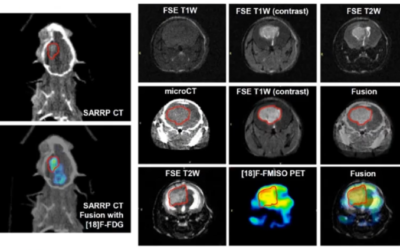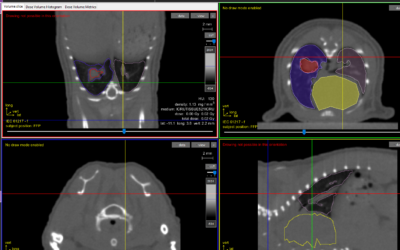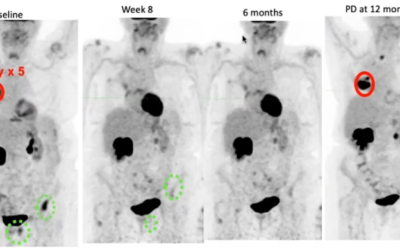PURPOSE: Despite recent advances in the treatment of metastatic prostate cancer, survival rates are low and treatment options are limited to chemotherapy and hormonal therapy. Although ionizing radiation is used to treat localized and metastatic prostate cancer, the most efficient use of radiotherapy is yet to be defined. Our purpose was to determine in vitro the potential benefit to be gained by combining radiation treatment with cytotoxic drugs. MATERIALS AND METHODS: Inhibitors of DNA repair and heat shock protein 90 and an inducer of oxidative stress were evaluated in combination with x-radiation for their capacity to reduce clonogenic survival and delay the growth of multicellular tumor spheroids. RESULTS: Inhibitors of the PARP DNA repair pathway, olaparib and rucaparib, and the HSP90 inhibitor 17-DMAG, enhanced the clonogenic cell kill and spheroid growth delay induced by x-radiation. However, the oxidative stress-inducing drug elesclomol failed to potentiate the effects of x-radiation. PARP inhibitors arrested cells in the G2/M phase when administered as single agents or in combination with radiation, whereas elesclomol and 17-DMAG did not affect radiation-induced cell cycle modulation. CONCLUSIONS: These results indicate that radiotherapy of prostate cancer may be optimized by combination with inhibitors of PARP or HSP90, but not elesclomol.
Rae, C. and Mairs, R. J.
Download Paper
SARRP Research Spotlight: Dr. George Wilson
George Wilson, PhD, Chief, Radiation Biology, William Beaumont Hospital Radiation Biology focuses on translational research in the areas of new treatments, combined modalities, and stem cell biology. The group has a heavy emphasis on incorporating molecular,...






